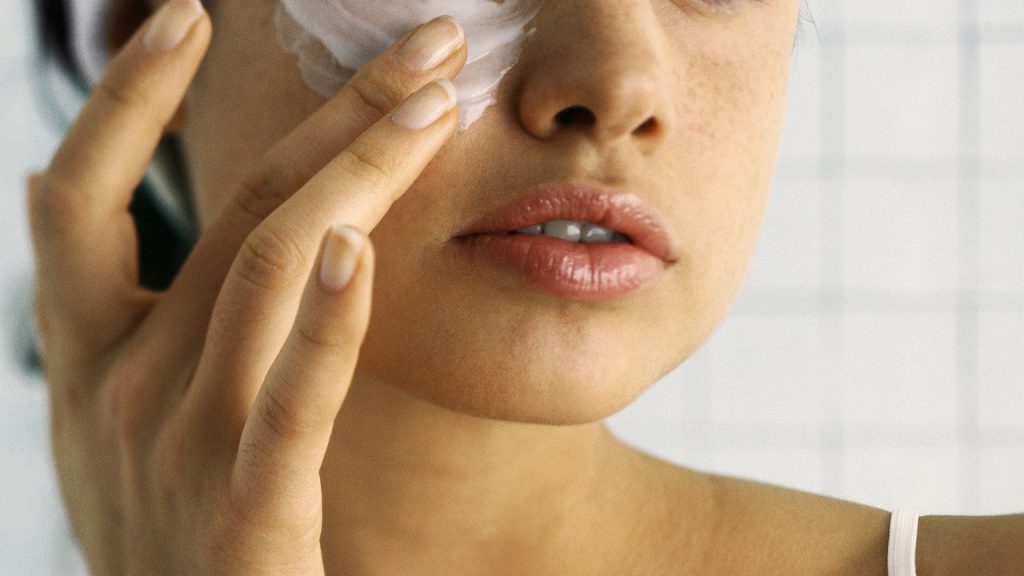
Undoubtedly, dry skin is a problem of many women. The feeling of tight, prickling, reddened skin and hypersensitivity to external factors are just a few characteristics of this skin type. It’s said that dry skin can be a symptom of various serious diseases. Is it, really? Let’s find out!
Dry skin – Causes
The truth is, there is a multitude of reasons why skin lacks water. The most frequently encountered are:
- weakened ability to bond and keep water in skin;
- shortage of lipids;
- improper care;
- taking a certain group of medications;
- weather conditions;
- low temperatures/sun exposure;
- genetic predispositions;
- diet and the level of skin hydration.
Can dry skin indicate a serious disease?
In some cases dry skin may indicate a serious disease. One of them might be sugar diabetes, which the very first symptoms are skin problems: dehydration, flaking off, susceptibility to cuts, problems with healing up. Among many diabetics there is the tendention to chapped heels, which leads to so-called diabetic foot condition. The lack of care can lead to serious infections and even amputation. In order to prevent this, skin must be exposed to moisturising-and-lubricating type of care.
Another disease to mention here is body dehydration. It’s strictly connected with lack of water and electrolytes in a body and high fever. This condition might result in diarrhea, vomiting and kidney disorders. The first symptoms is hypodipsia (carving for water), drying out of face and body, chapped lips as well as dark and fatigued under eye skin area.
Dry skin might also indicate psoriasis. The symptoms of this disease are red marks on feet, knees and elbows; then the lesions spread to other body parts. People affected by psoriasis experience problems with the process of cell metabolism as exfoliation is disturbed. This leads to ‘lumps’ formation that keep appearing on skin. This disease must be treated with medications. In other to soothe irritations, special preparations that bond water inside skin must be applied.
Additionally, skin dehydration might imply atopic dermatitis. This is a chronic illness, autoimmune. It reveals itself by serious epidermis dehydration and persistent itching. The symptoms get even more distressing when skin is exposed to allergens, detergents and stress. In this case, skin should be treated with products containing emollients.
How to take care of dry skin?
Dry skin is fast to age. For that reason, it’s crucial to follow a few skin care rules:
- stick to a diet full of fruit and vegetables, drink 1,5 liter of still mineral water per day;
- apply products that soothe irritations, leave skin lubricated and create an occlusive layer on it;
- refrain from using soap and other irriative agents;
- apply sunscreens.





Leave a Reply